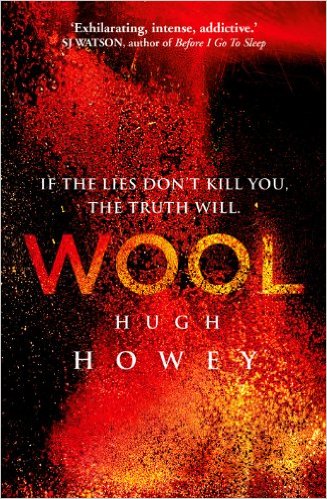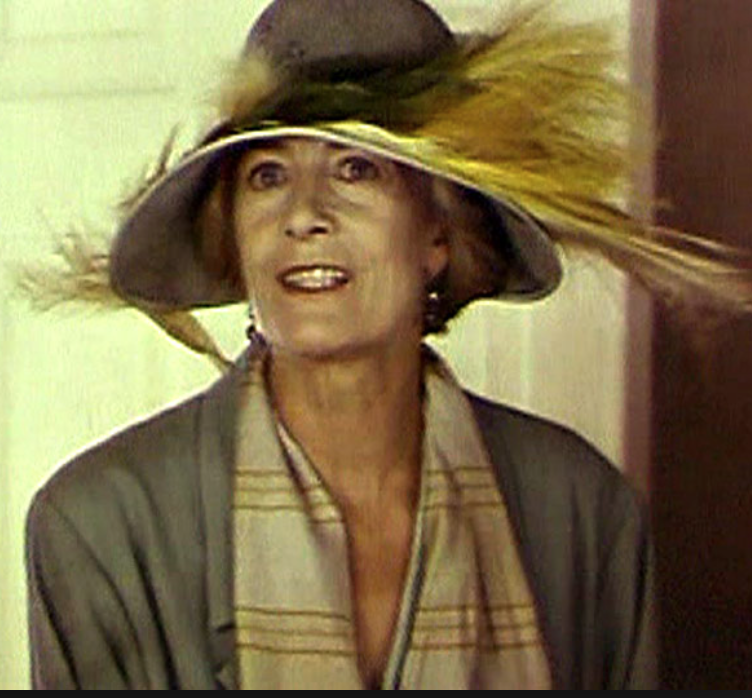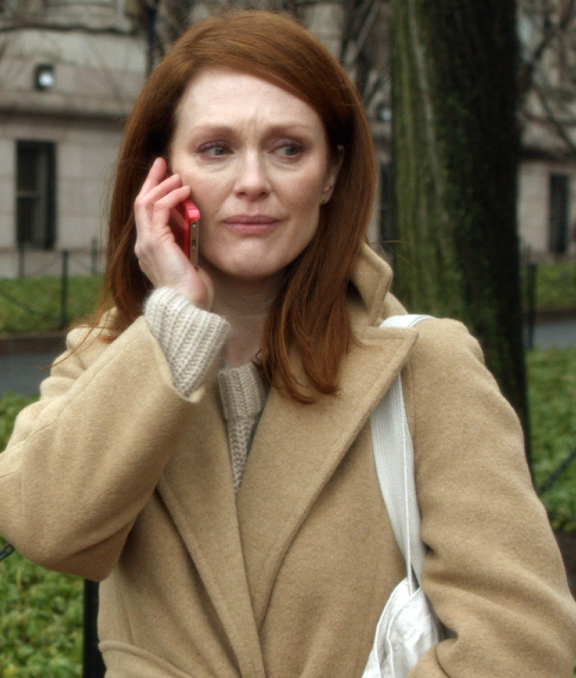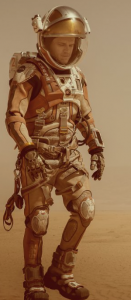 This summer, it was announced that “Wool,” a dystopia about an underground city on an otherwise-uninhabitable Earth, was finally under way three years after Twentieth Century Fox nabbed the rights to Hugh Howey’s eponymous book. The project now comes with stellar credentials: “Guardians of the Galaxy” screenwriter Nicole Perman is rewriting “The Fifth Wave” director J Blakeson’s original script, and Steven Zaillian (“The Girl with the Dragon Tattoo,” “Moneyball”) and Ridley Scott (“Alien,” “Blade Runner”) are producing. Not bad for a book that got its start as a series of self-published novellas. But that’s the thing about all self-published book adaptations. No matter how they fare at the box office or on Rotten Tomatoes, they qualify as cinema’s Little Engines That Could. The sheer fact that these stories have defeated so many odds – that they made it to the big screen at all given that they initially could not find a niche in the literary world – is amazing. And some of the films in this category may surprise you.
This summer, it was announced that “Wool,” a dystopia about an underground city on an otherwise-uninhabitable Earth, was finally under way three years after Twentieth Century Fox nabbed the rights to Hugh Howey’s eponymous book. The project now comes with stellar credentials: “Guardians of the Galaxy” screenwriter Nicole Perman is rewriting “The Fifth Wave” director J Blakeson’s original script, and Steven Zaillian (“The Girl with the Dragon Tattoo,” “Moneyball”) and Ridley Scott (“Alien,” “Blade Runner”) are producing. Not bad for a book that got its start as a series of self-published novellas. But that’s the thing about all self-published book adaptations. No matter how they fare at the box office or on Rotten Tomatoes, they qualify as cinema’s Little Engines That Could. The sheer fact that these stories have defeated so many odds – that they made it to the big screen at all given that they initially could not find a niche in the literary world – is amazing. And some of the films in this category may surprise you.
“The Wizard of Oz” (1939)
It’s hard to imagine contemporary cinema without”The Wizard of Oz.” But this story only came to screen because theater buff L. Frank Baum released this book himself before convincing the small publisher Reilly & Britton to print a run. Thank goodness he did. Judy Garland was at her most heartbreaking – and her voice and dark eyes at their most lush – as the ruby-slippered Dorothy wandering with a ragtag crew through the emerald and straw-hued labyrinth of her vivid subconscious.
 “Mrs. Dalloway” (1997)
“Mrs. Dalloway” (1997)
Those who wish to split hairs can quibble with describing this seminal Virginia Woolf novel as “self-published.” But after 1917, all of the legendary author’s works, including this one, were published by The Hogarth Press, which she and husband Leonard owned and ran. The resulting film is a powerful exercise in every-wave feminism: director Marleen Gorris and screenwriter Eileen Atkins reconstruct the secret workings of a well-off socialite Dalloway (Vanessa Redgrave) with an exquisite sympathy. It helps that tall, imperious Redgrave is the Platonic essence of a Woolf heroine. See also: “The Hours,” the 2002 Oscar-winning film based on a Michael Cunningham novel inspired by Mrs. Dalloway.
“Legally Blonde” (2001)
People adore this ultra-fun, ultra-pink, and ultra-clever girl-power flick starring Reese Witherspoon as a California sorority girl who matriculates at Harvard Law. And why not? It’s got everything: a feminist revenge plot, courtroom drama, cute dogs, even a snappy nail parlor dance sequence. But few realize Robert Luketic’s film, which went on to become a Broadway musical, got its start as a self-published novel by Amanda Brown, a law-school dropout who, presumably, knew of what she wrote.
 “Still Alice” (2014)
“Still Alice” (2014)
Originally self-published in 2007 by neurologist Lisa Genova, this bestseller about a linguistics professor stricken with early-onset Alzheimer’s disease was adapted for the screen by screenwriters and directors Wash Westmoreland and the late Richard Glatzer. (He died of ALS, another brutal neurological disease, soon after the film’s release.) A marvelously dry-eyed investigation of the link between memory and identity, the film not only scored Julianne Moore a much-deserved best actress Oscar but stands out as the first film about memory loss that takes on the perspective of the patient rather than her caregivers.
“Fifty Shades of Grey” (2015)
By now, everyone and their cousin knows this wildly erotic drama has its roots in an originally self-published trilogy by British author E.L. James. About the complicated romance between self-made entrepreneur Christian Grey (Jamie Dornan) and Anastasia Steele (Dakota Johnson), the virgin whom he seduces, this is easily one of 2015’s most salacious mainstream films; the next two films in this franchise promise to be more of the same.
 “The Martian” (2015)
“The Martian” (2015)
Ridley Scott isn’t just the king of big-budget science fiction flicks. He also may be this year’s king of self-published literary adaptations. In addition to the forthcoming “Wool,” he also co-produced and helmed this sci-fi epic about an astronaut/botanist (Matt Damon) stranded on Mars. Based on a novel originally self-published in 2011 by programmer Andy Weir, who actually built his own computer simulation of orbital trajectories to ensure a high level of accuracy, this film champions the physicists, engineers, and chemists who sweat over calculations rather than swordfights. Perhaps the geeks have already inherited the Earth.
This was originally published in Word and Film.
